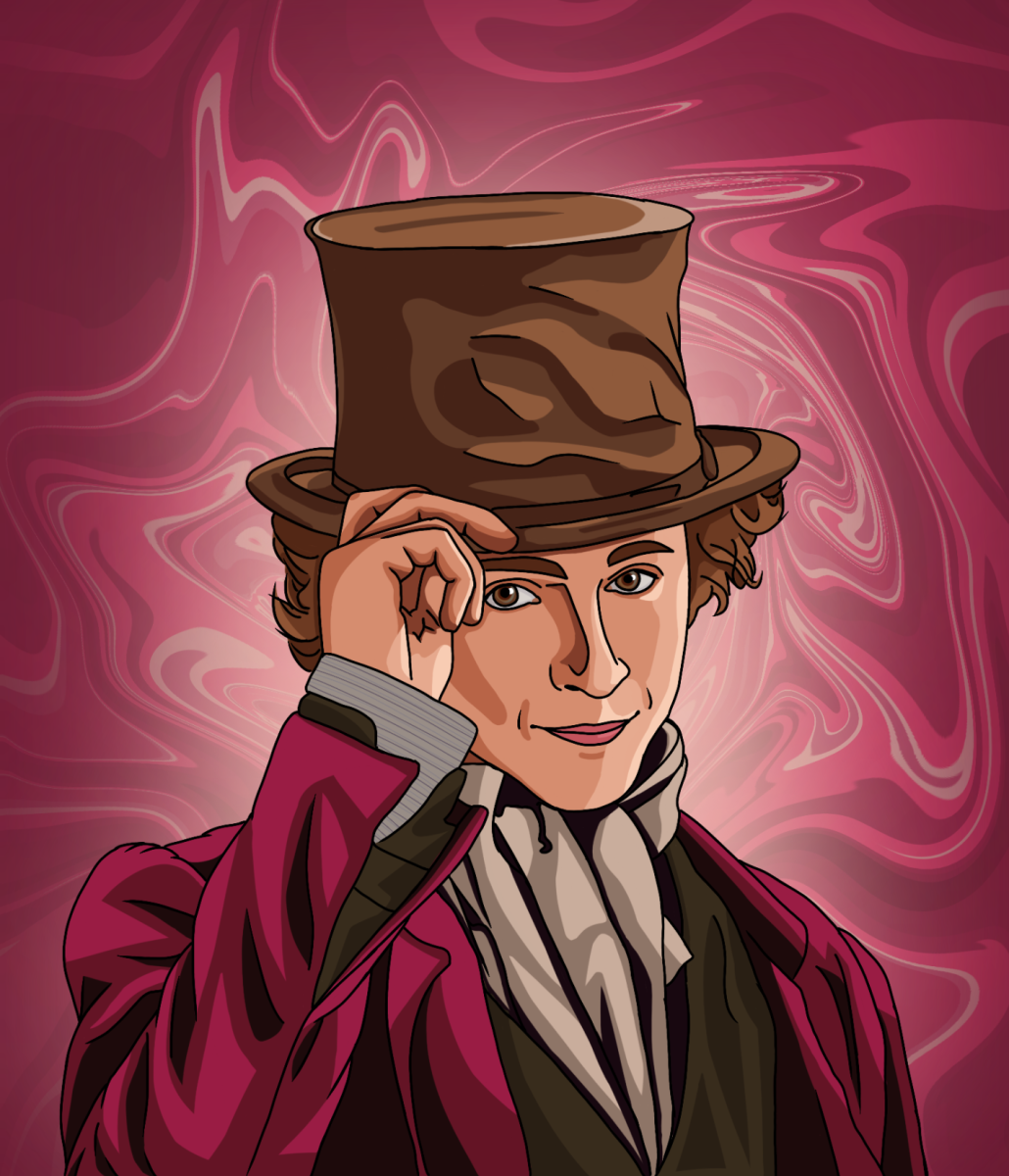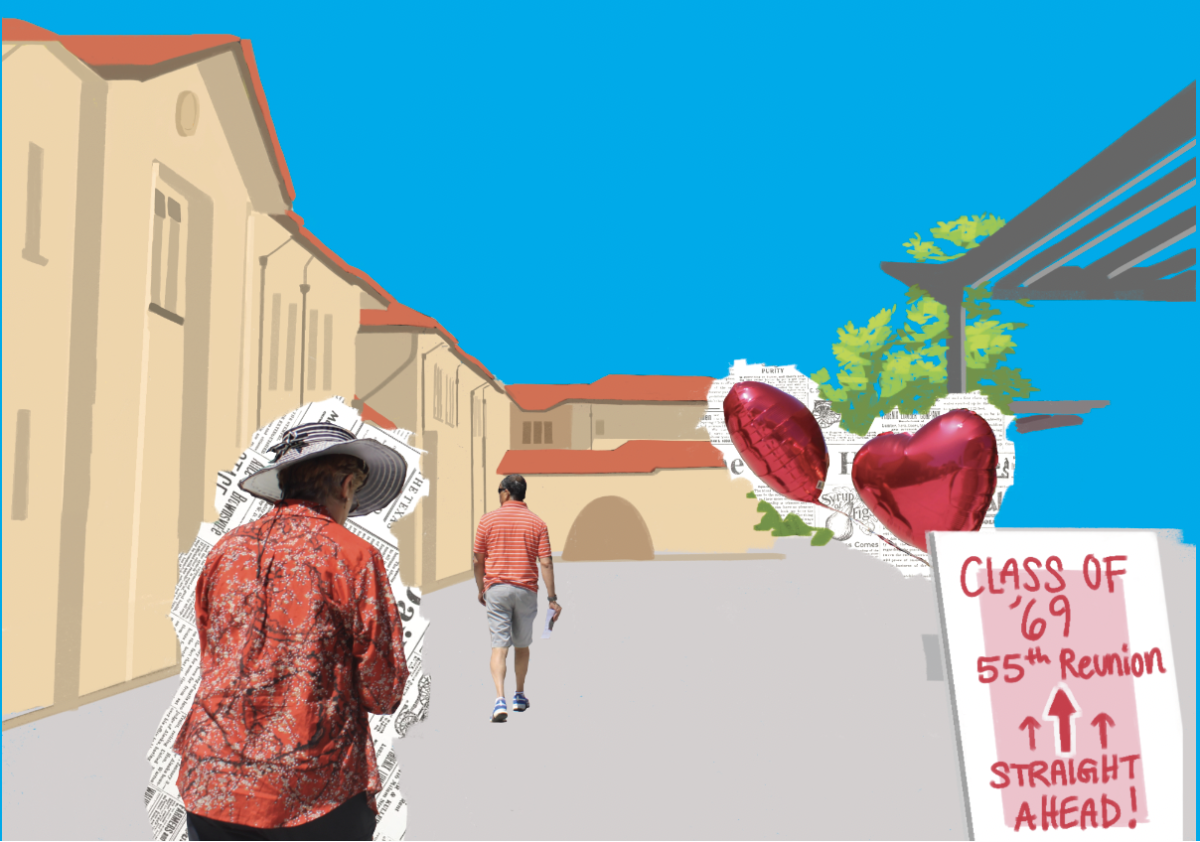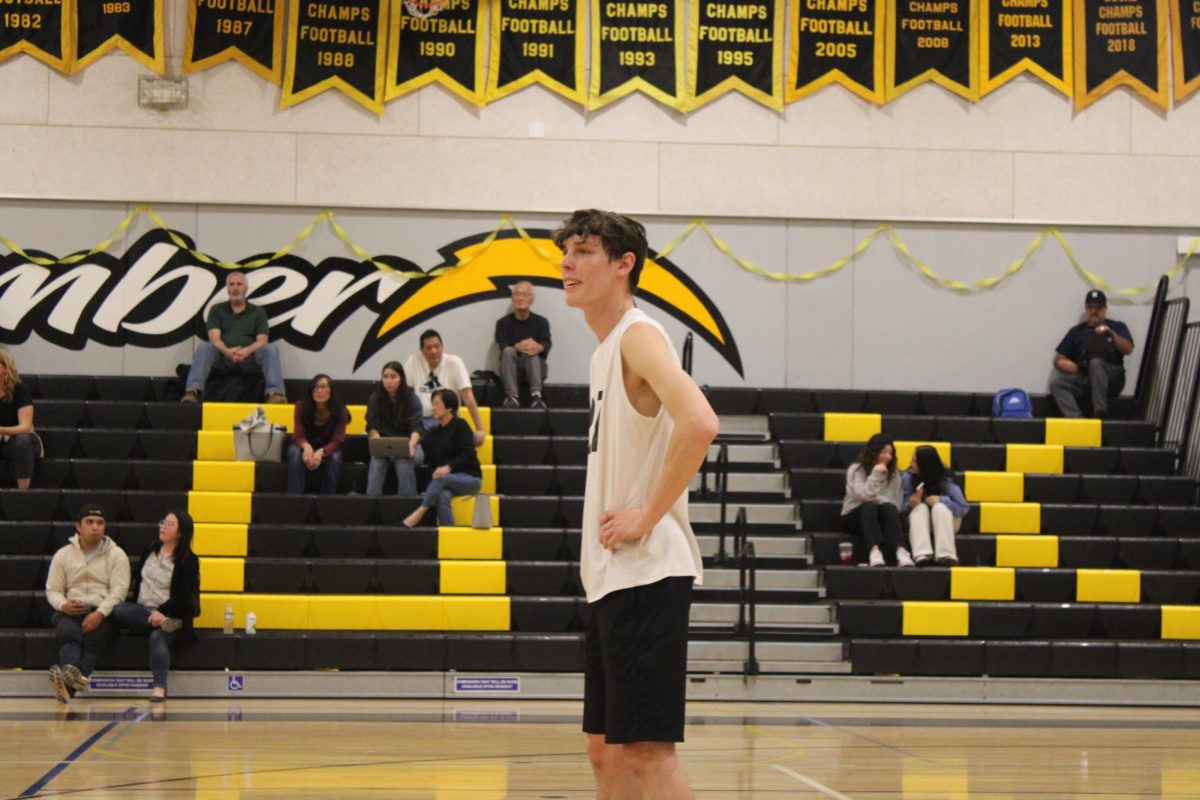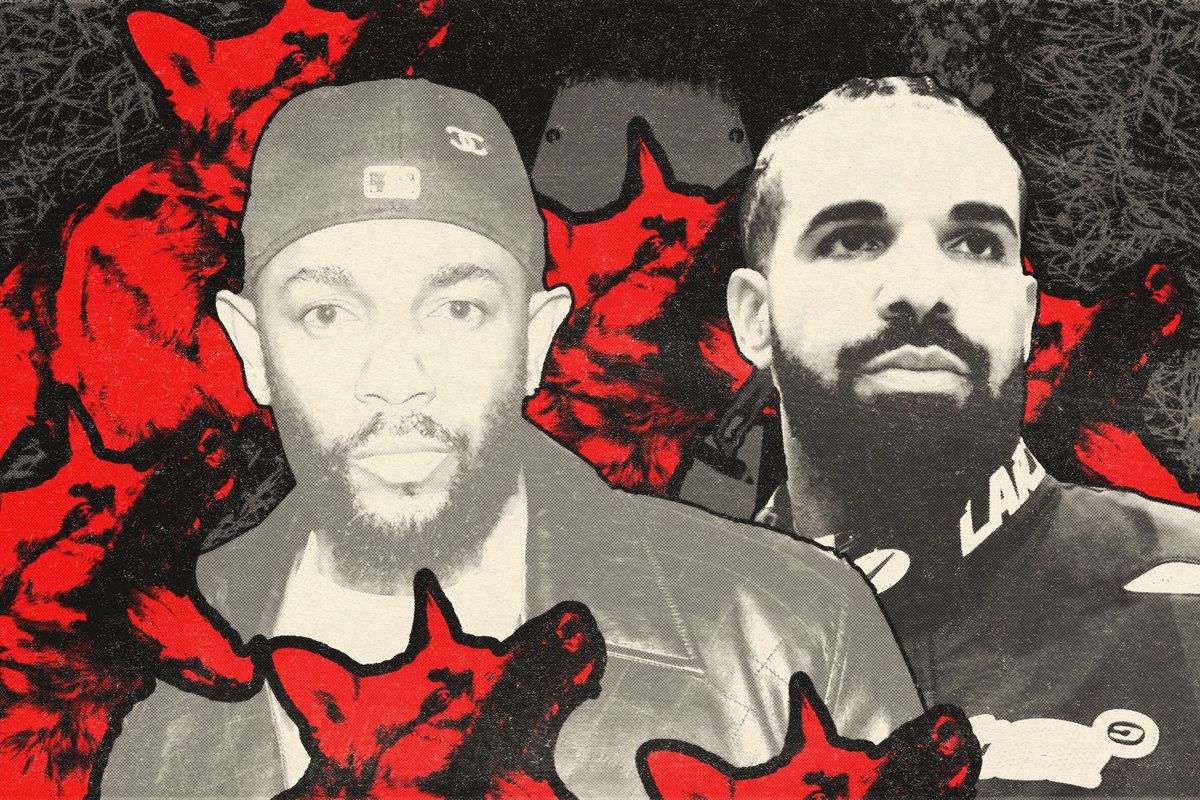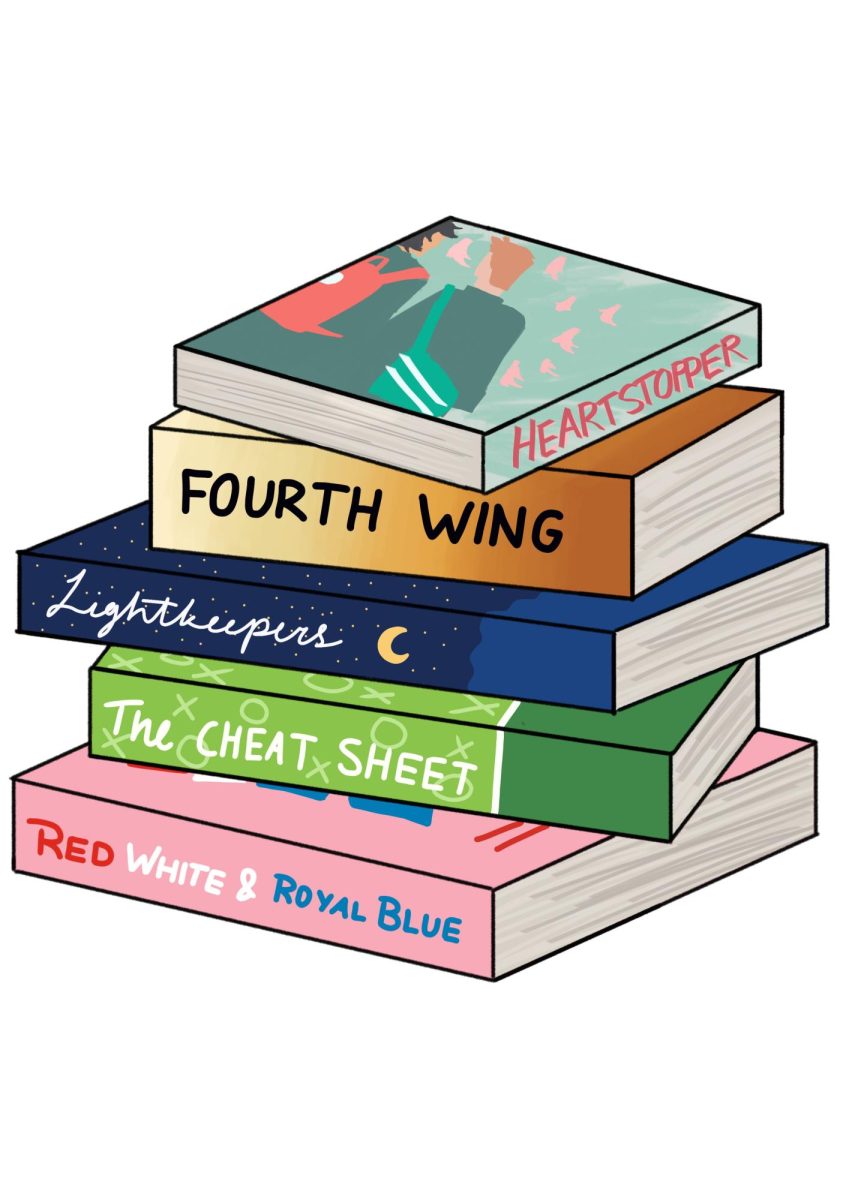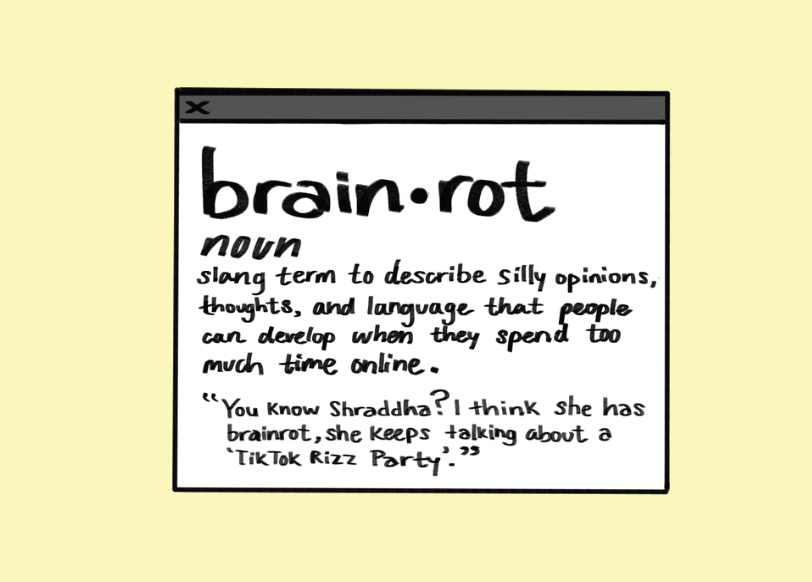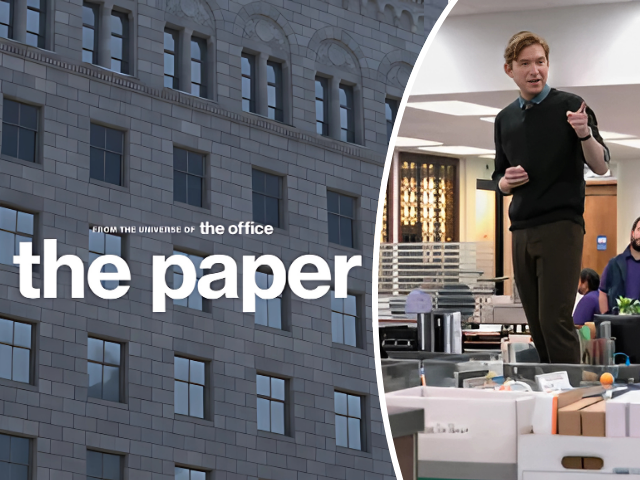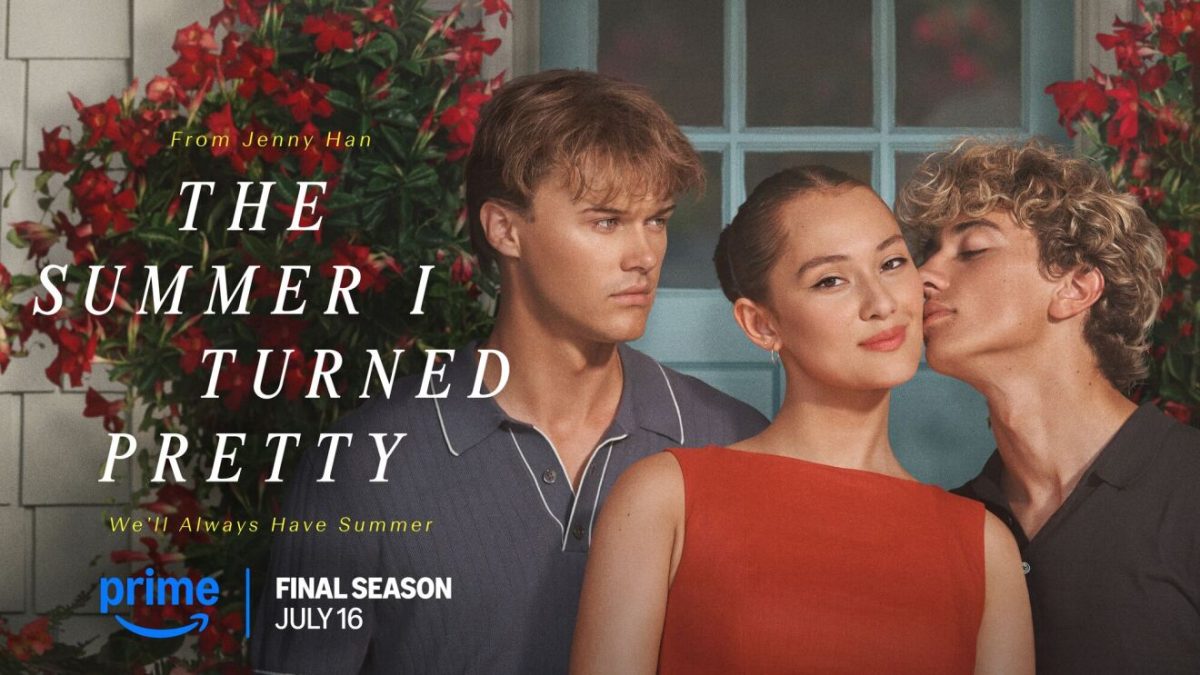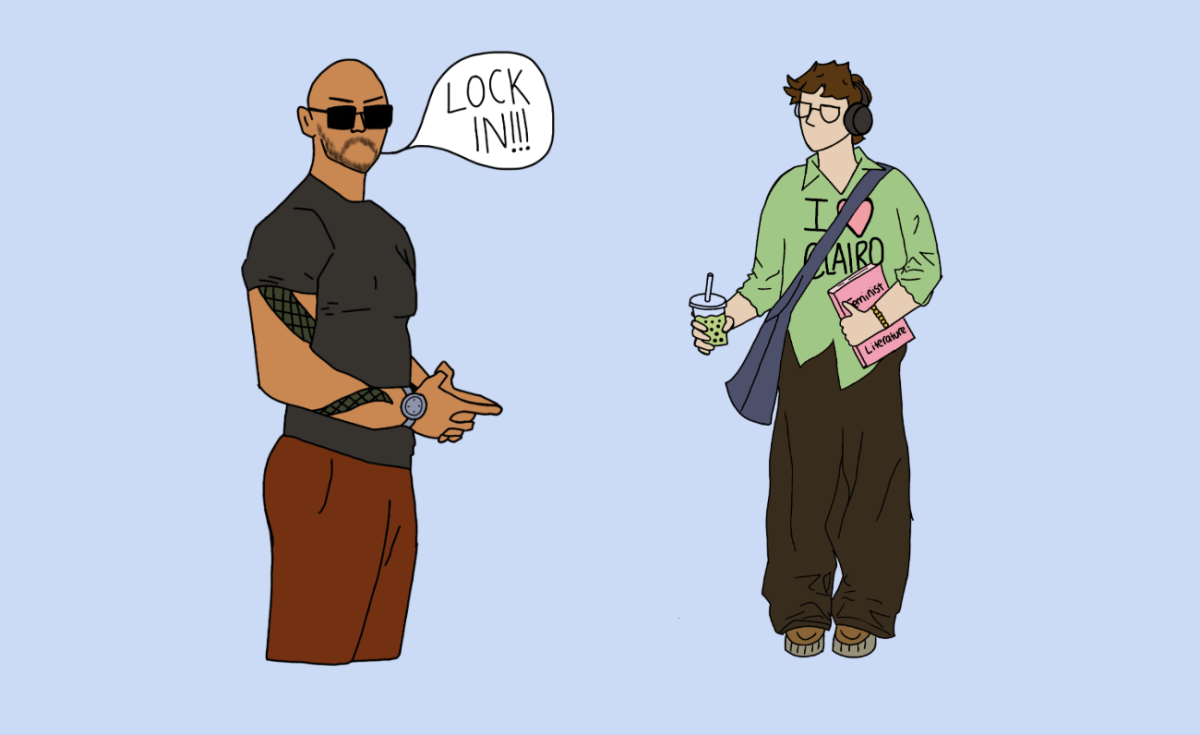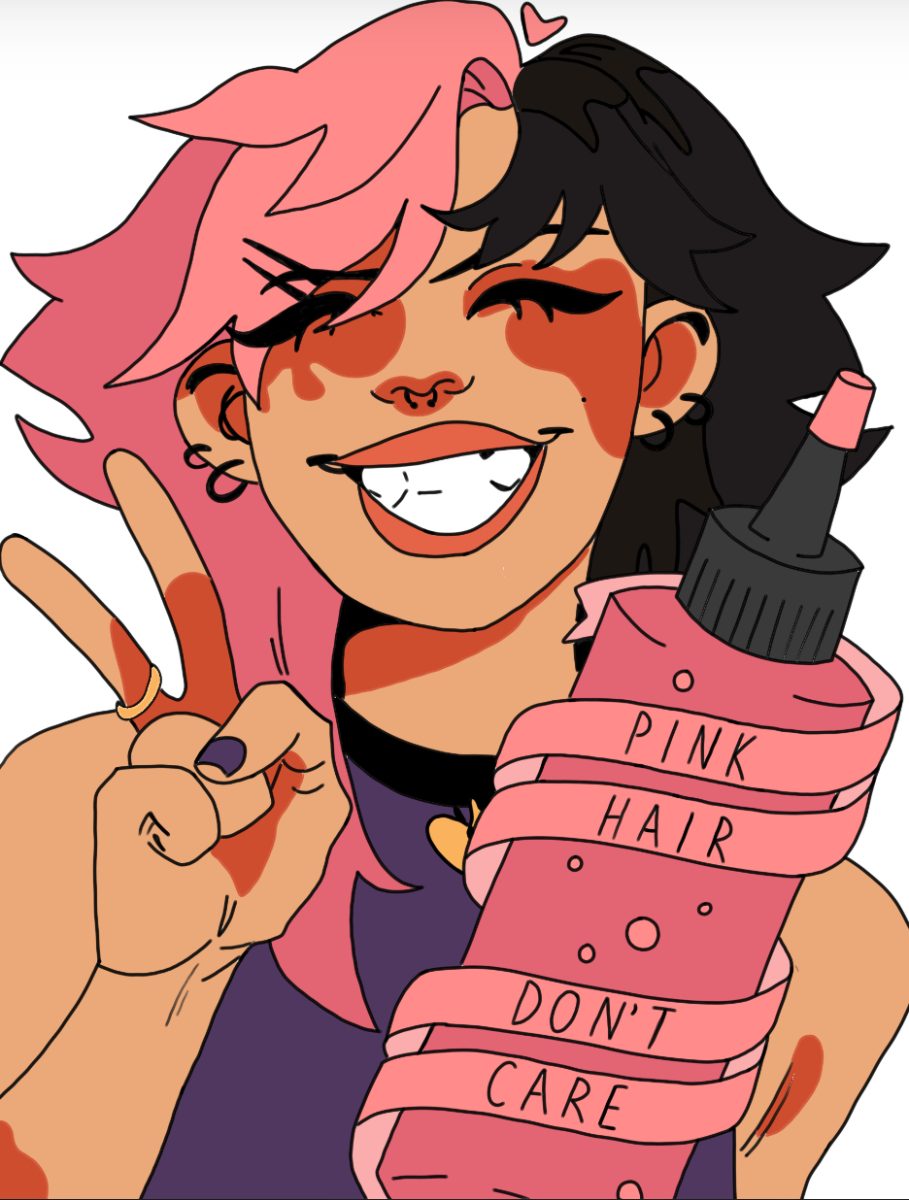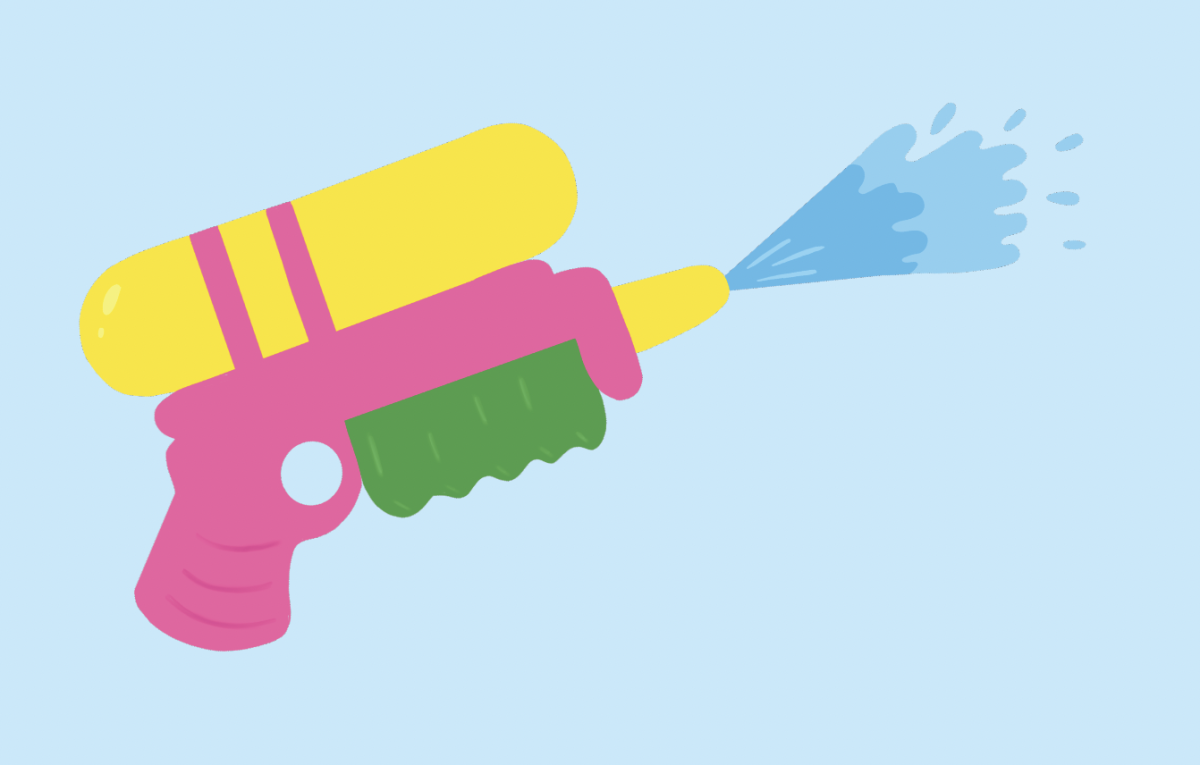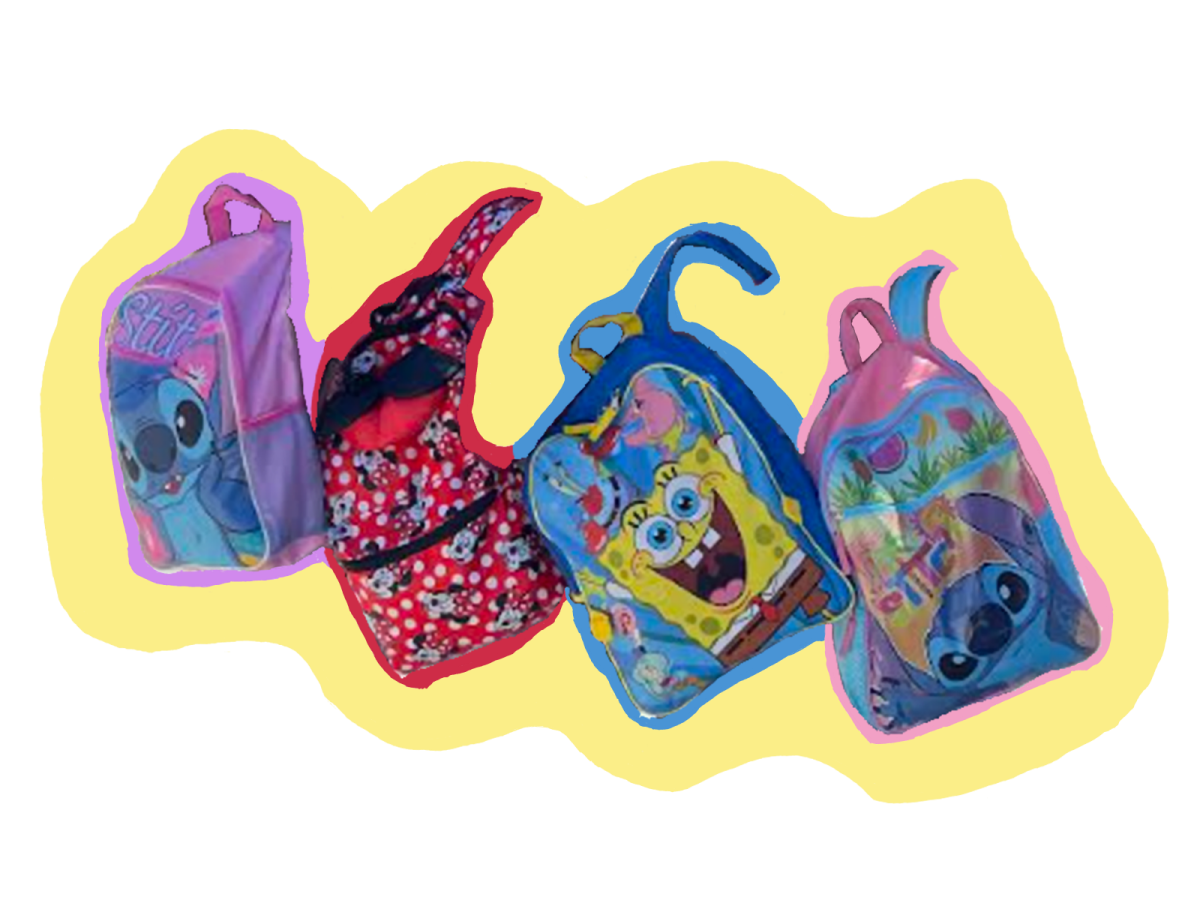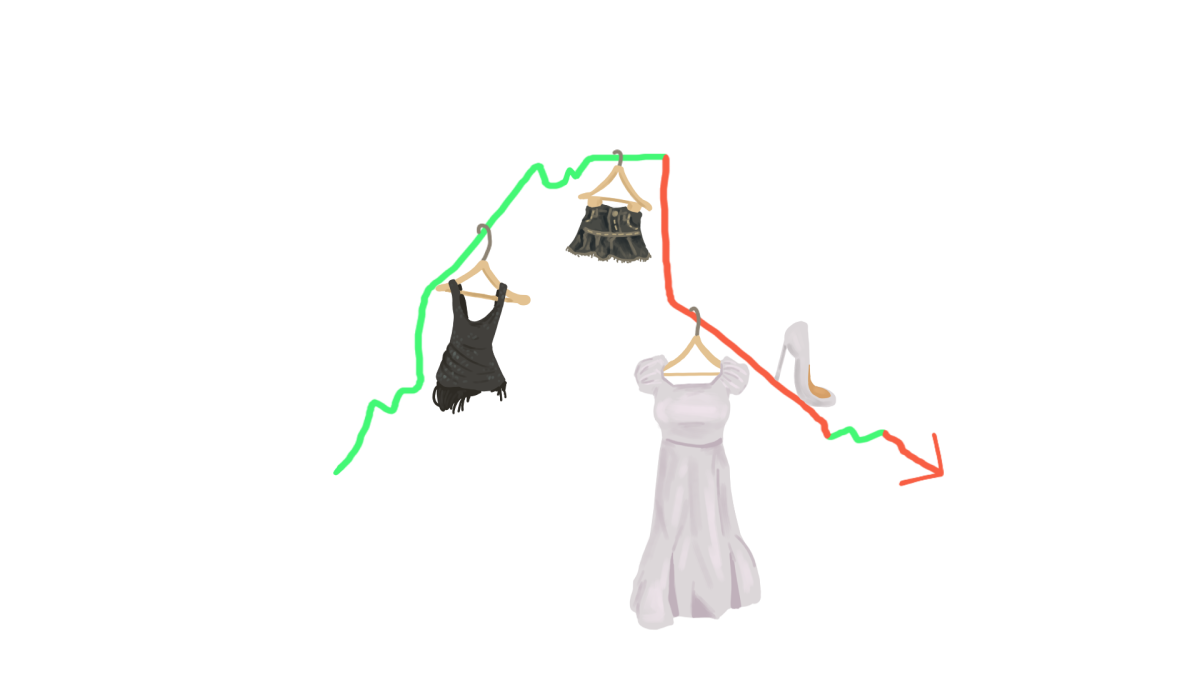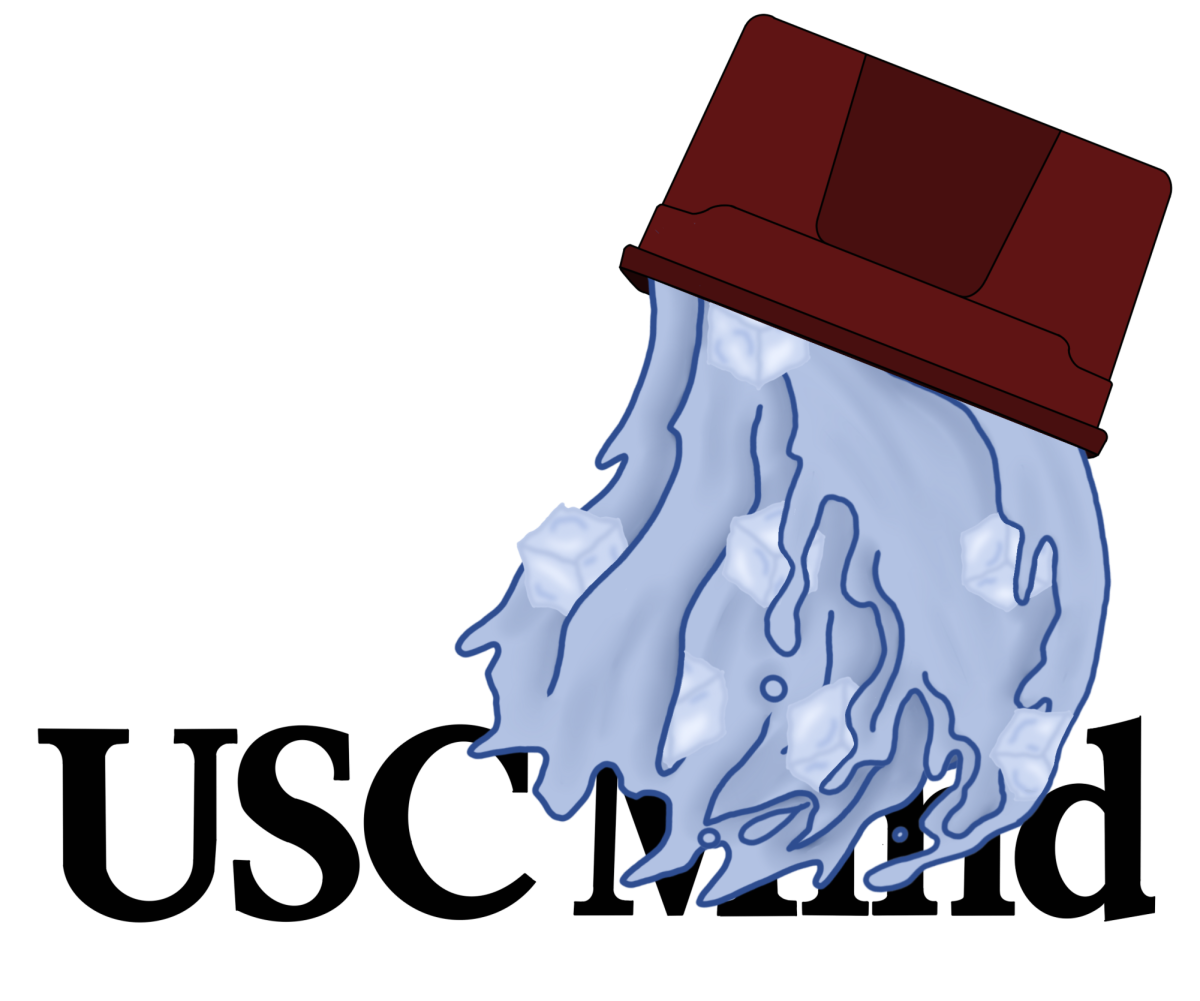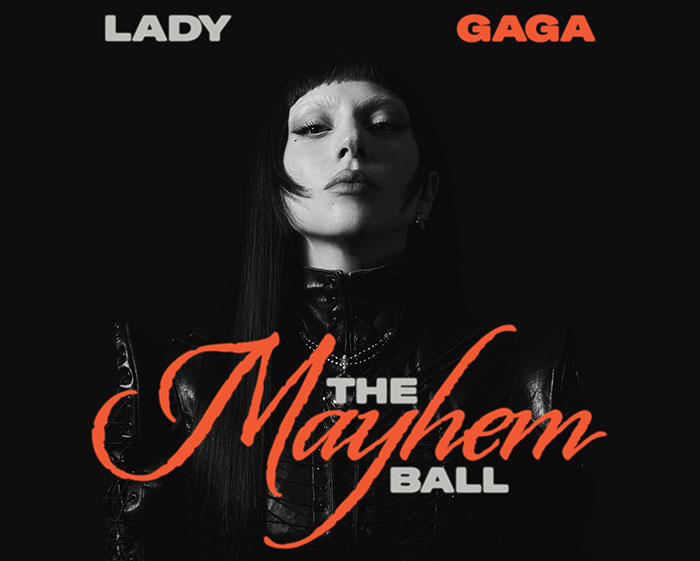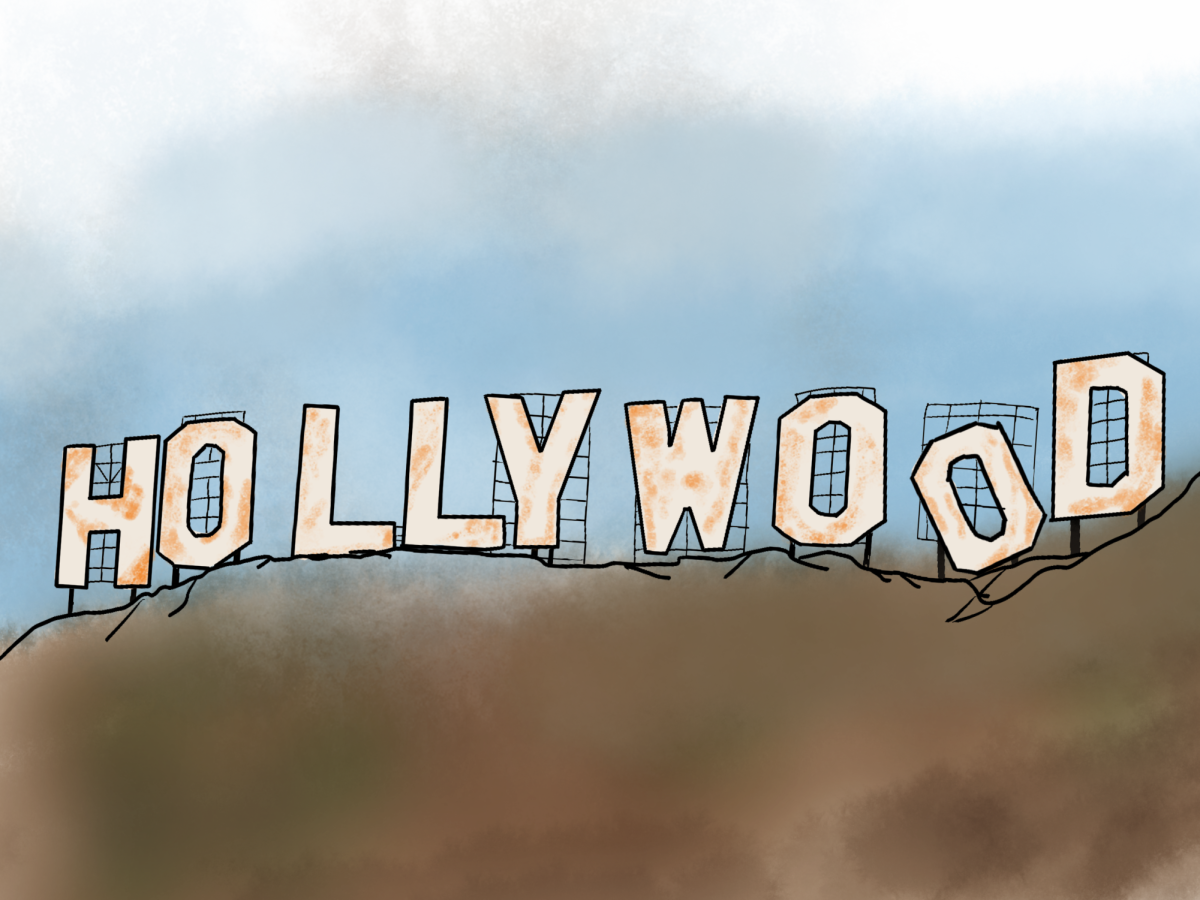“Wonka,” a prequel to the nostalgic “Charlie and the Chocolate Factory,” hits theaters on Dec. 15, 2023. The movie covers the main character’s transformation from Willy, a regular boy, to Wonka, a famous chocolatier. Timothée Chalamet is starring in the movie as Willy Wonka along with Hugh Grant as the Oompa-Loompa.
Its predecessor, “Charlie and the Chocolate Factory,” tells the story of a little boy named Charlie Bucket and four other children who find golden tickets inside the famous Wonka chocolate bars. This grants them an exclusive tour of Willy Wonka’s — an eccentric candy maker — chocolate factory. One by one, the children misbehave and reap the consequences of their actions until only Charlie Bucket is left. Finally, Wonka gifts Charlie his entire chocolate factory for his good behavior.
The first iteration of this story was published in 1964 by author Roald Dahl as a children’s novel. The first film version was released in 1971 and titled “Willy Wonka & the Chocolate Factory.” The more recent film, released in 2005, is titled “Charlie and the Chocolate Factory.” Roald Dahl wrote no prequel to the story before his passing, only a sequel to the novel titled “Charlie and the Great Glass Elevator” which was published in 1972. Because of this, the storyline of “Wonka” is written entirely by Paul King and Simon Farnaby, though it centers around Roald Dahl’s characters.
Given that the original author of the story, Ronald Dahl, is not writing the film, viewers may be wary about the quality of the movie. However, FHS senior and President of the Virtual Film and Writing Club Peter Steward expresses his hopeful outlook on the plot of the movie.
“The storyline, it’s actually, it’s so full of life,” Steward said. “It seems really unique to me. I think the goal of the movie is to be funny, which I’m really happy with because I feel like a lot of modern media doesn’t really have a goal.”
He feels that the movie is not a low-quality money grab, like many other modern movies may be, but that it has a well-thought-out and genuine storyline. Steward also expresses how “Wonka” seems to play into the magical aspect of the movie better than other current competitors.
“A lot of the recent Disney trailers have been along the lines of, they kind of just throw words at you, [like] ‘it’s a magical world filled with creatures of different colors,’” Steward said.
In the official “Wonka” trailers, there are three wealthy chocolate makers, dubbed the “Chocolate Cartel,” who try to prevent Wonka from opening up a chocolate shop. The narrator in the second official trailer also states, “You can’t get a shop without selling chocolate and you can’t sell chocolate without a shop.” Steward explains how this aspect of the movie touches on weighty themes.
“It seems to me to be pretty similar to the “Lorax” movie, because it’s very anti-capitalist,” Steward said. “There’s not really a lot of movies, especially Disney movies, that are like that right now.”
As for the downfalls of the movie, Steward explains that modern movies often try to incorporate profound messages into them like “follow your dreams.” He states that this forces the characters to say things that feel inauthentic to their arcs. This breaks the immersion of the story as it feels fake, almost as though the moral’s sole purpose is to make parents happy.
“Wonka” appears to have a developed plotline and to masterfully blend humor and childlike imagination with serious themes. Despite the possibly ill-fitting lessons that might be worked into the movie, “Wonka” seems like a movie worth watching.
“It seems to me to be a much higher quality version of a lot of the movies that they made recently,” Steward said. “I think that there’s real thought that has gone into it.”


